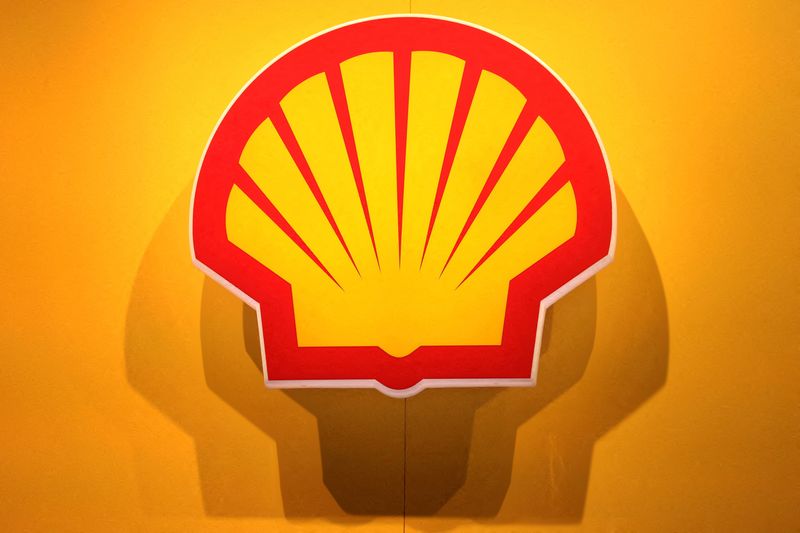Investing.com’s stocks of the week
By Curtis Williams and Marianna Parraga
HOUSTON (Reuters) - Shell (LON:SHEL) and Trinidad and Tobago's National Gas Company (NGC) are close to agreeing to credit Venezuela's state-run oil firm for its $1 billion investment in a gas field the three want to jointly develop, four people close to the discussions said.
If agreed, the move could help speed a long-stalled offshore development. The U.S. in January granted Venezuela's PDVSA, Shell and NGC a two-year authorization to revive the project, which could boost Trinidad and Tobago's gas processing and exports.
Negotiations between the trio initially had progressed little over a U.S. demand that the proposed Dragon gas project exclude cash payments to Venezuela or its state companies. That remains a hurdle, though Trinidad has asked the Biden administration to reconsider.
Much of the $1 billion that Venezuela wants recognized as its contribution belongs to a nearly-completed gas line connecting the offshore field to Venezuela's shore, two of the people said. The field is in Venezuelan waters and past efforts to find partners for its development stumbled over PDVSA's demands for compensation.
Shell and NGC have not given final word to PDVSA on the reimbursement, but are prepared to pay for "all legitimate claims," one of the sources said.
PDVSA in 2013 finished testing gas output at Dragon, whose reserves it estimated at 4.2 trillion cubic feet. But the field has never been commercially active due to Venezuela's lack of capital and, more recently, U.S sanctions.
Shell and NGC confirmed the parties are holding negotiations, but declined to elaborate.
"Discussions on the Dragon project involving the governments of Venezuela and Trinidad and Tobago and Shell are ongoing and commercially confidential," Shell told Reuters.
Trinidad's Energy Minister Stuart Young met Venezuela's President Nicolas Maduro last week, the Venezuelan government said on social media.
PDVSA, Venezuela's oil ministry and Trinidad's energy ministry did not reply to requests for comment. The U.S. Treasury Department declined to comment.
A U.S. State Department spokesperson said its overall Venezuela sanctions policy remains in place to limit revenue flows to Maduro with the goal of "encouraging a return to democracy in Venezuela."
SHOW ME THE MONEY
Trinidad's Prime Minister Keith Rowley in January suggested it could pay for the gas in humanitarian goods, including food and medicine.
Venezuela, however, has insisted it will not accept any deal exclusively based on barter, the sources said.
"PDVSA has said they want part of the payment for the gas in cash and the other part in kind," a sources said.
In May, Trinidad's government asked U.S. officials to amend some license terms related to Dragon's expected proceeds.
But Washington has remained reluctant to consider any license changes until there is further progress in negotiations, another person said.
Under the terms agreed to date, Shell would become field operator with NGC and PDVSA holding equity stakes. PDVSA, which holds a license issued by Venezuela for development, would bring in Shell and NGC as partners under that authorization.
The parties are considering two separate gas lines: A line now partially built to transport PDVSA's portion of the gas to Guiria, on Venezuela's eastern coast. A second could connect to Shell's Hibiscus field on Trinidad's side, allowing gas to flow to Trinidad, the people said.
Venezuela also has suggested that all the gas pass through Guiria, so only an additional short pipeline would be needed to link Guiria to Point Fortin, home of Trinidad's liquefied natural gas export plants.
That option would allow PDVSA to transport and process the gas on Venezuela's shore, keeping what it needs to supply the domestic market and exporting gas liquids that could be produced in future project stages.
However, the other parties have not preferred that option, the people said.
